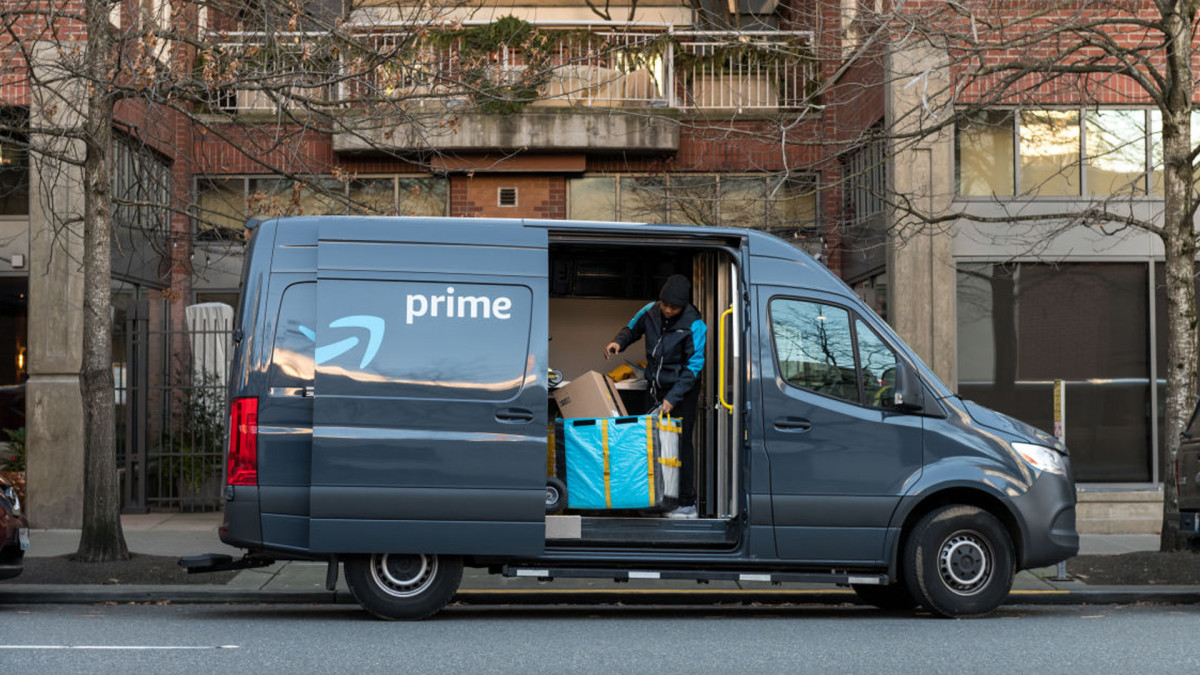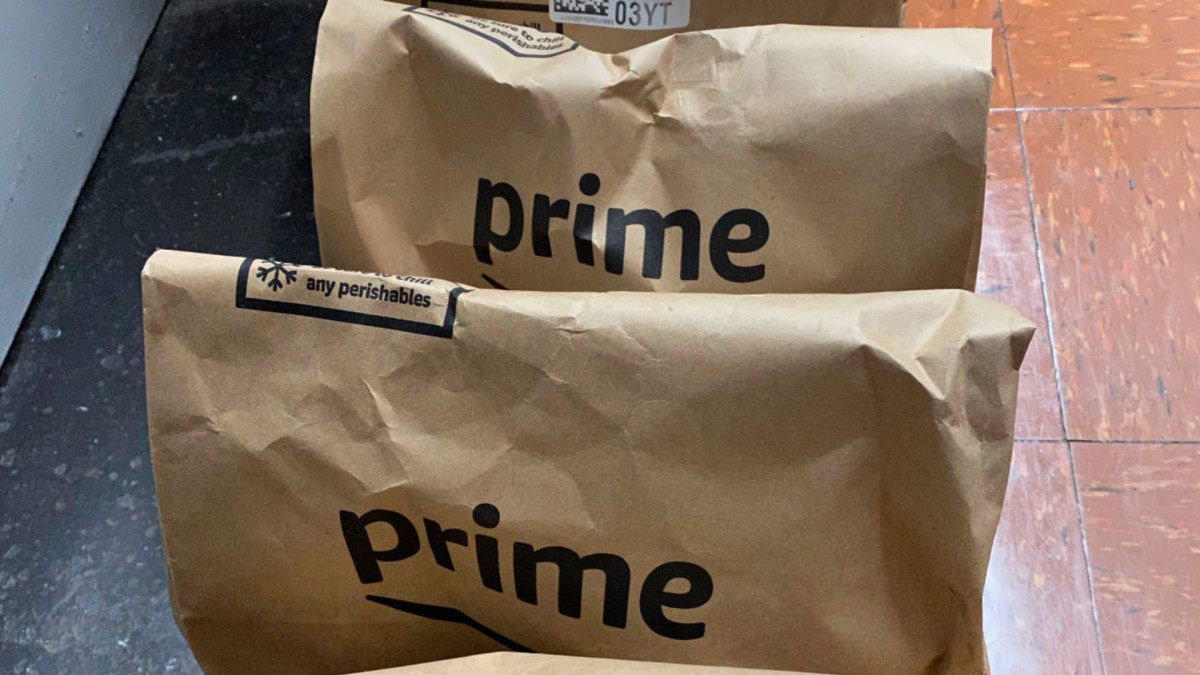
Amazon Prime, which costs $139 a year, has over 200 million members worldwide, generating a significant portion of Amazon’s (AMZN) revenue.
In the company’s third-quarter earnings report for 2024, subscription services (including income earned from Amazon Prime membership fees) garnered about $11.2 billion for the quarter, an 11% increase compared to the same time period last year.
😲Don’t miss this amazing Cyber Week Move! Get 60% off TheStreet Pro. Act now before it’s gone.🚨
One of the many perks Amazon Prime offers members include free two-day, one-day, and same-day shipping.
Related: Amazon cuts major perk customers love
While these fast shipping speeds are widely available for Prime members across the country, a new lawsuit accuses the online retail giant of “secretly” excluding roughly 50,000 Prime members, who are located in ZIP codes with predominantly Black residents, from receiving these services.
Amazon ‘secretly’ excludes areas from Prime delivery, says lawsuit
District of Columbia Attorney General Brian Schwalb has alleged in a new lawsuit that thousands of Washington, D.C., residents who live in “underserved” communities have seen a “significant decrease in the speed and quality of Prime service.”
“For the past two-and-a-half years, Amazon has deliberately – and secretly –stopped providing its fastest delivery service to the nearly 50,000 Prime members who live in historically underserved communities east of the Anacostia River,” reads the lawsuit. “Unbeknown to these District residents, Amazon has collectively charged them millions of dollars for a service they do not receive.”

Lindsey Nicholson/UCG/Universal Images Group via Getty Images
Schwalb claims in the lawsuit that in 2022, Amazon decided to limit how it delivers packages to Prime members who live in ZIP codes 20019 and 20020 due to “concerns about driver safety.” He alleges that Amazon has instead relied on delivery services such as UPS and USPS to deliver packages, which has resulted in strikingly slower shipping speeds.
According to the lawsuit, while Prime members who live outside of ZIP codes 20019 and 20020 received packages within two days after ordering 75% of the time in 2023, those who live within those ZIP codes received their packages within two days of checkout only 24% of the time.
Schwalb alleges that Amazon has deceptively “concealed” this change to Prime members who live in these “excluded” ZIP codes as they continue to pay for their Prime memberships.
Related: Amazon unveils new service to compete with Temu
“When some affected consumers have complained to Amazon that the delivery speeds they receive seem to be worse than surrounding areas, Amazon has concealed its delivery exclusion and deceptively implied that delivery delays were simply due to natural fluctuations in shipping circumstances, rather than an affirmative decision by Amazon,” reads the lawsuit.
In an emailed statement to TheStreet, an Amazon spokesperson said that Schwalb's allegations in the lawsuit are "false," and that the safety of Amazon delivery drivers is top priority.
“The claims made by the Attorney General, that our business practices are somehow discriminatory or deceptive, are categorically false. We want to be able to deliver as fast as we possibly can to every zip code across the country, however, at the same time we must put the safety of delivery drivers first.
In the zip codes in question, there have been specific and targeted acts against drivers delivering Amazon packages. We made the deliberate choice to adjust our operations, including delivery routes and times, for the sole reason of protecting the safety of drivers.
And we’re always transparent with customers during the shopping journey and checkout process about when, exactly, they can expect their orders to arrive. What we’d like to do, and have offered, is to work together with the Attorney General and their office in an effort to reduce crime and improve safety in these areas."
With the lawsuit, Schwalb hopes to obtain an order for Amazon to pay restitution and damages to Prime members who were affected in these ZIP codes. According to a recent press release, he alleges that Amazon violated the District’s consumer protection laws and is seeking to “stop Amazon from engaging in unfair and deceptive practices. "
Amazon was previously accused of having disparities in Prime delivery
This is not the first time Amazon has been accused of inequalities in how it offers its fast delivery service for Prime members.
In 2016, a Bloomberg analysis found that in six cities where Amazon offers same-day delivery, the service excluded ZIP codes with predominantly Black residents to “varying degrees.”
More Retail:
- PepsiCo’s plan to buy a popular brand draws threats from consumers
- Target makes bold clarification to return policy amid alarming trend
- H&M is the latest victim of an alarming shift in consumer behavior
It noted that in Dallas, Atlanta, Washington and Chicago, Black residents were “half as likely to live in neighborhoods with access to Amazon same-day delivery as white residents.”
The analysis also found that the disparity was prominent in New York City, where same-day delivery was available throughout Manhattan, Staten Island, and Brooklyn, but not in the Bronx and a few other Queens neighborhoods with majority Black residents.
Shortly after the analysis was released, Amazon vowed to expand same-day delivery services to additional cities in Chicago, New York City and Boston.
Related: Veteran fund manager sees world of pain coming for stocks







